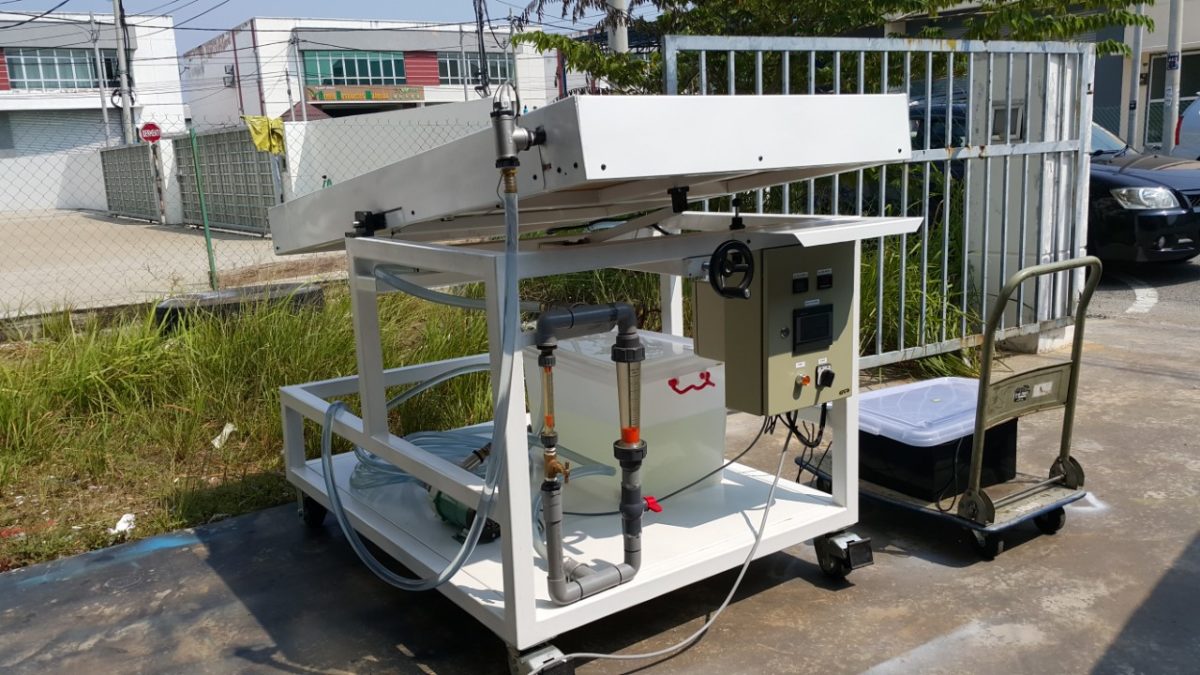Researchers at the Multimedia University in Malaysia have formulated a new way to rank PV module cooling techniques, based on manufacturing costs and expected panel output.
The ranking also factors in panel efficiency gains from the addition of cooling systems and the wattage cost of PV electricity, corresponding author Sakhr Sultan told pv magazine. Sultan said the manufacturing cost of cooling techniques – compared to output power – has attracted little attention to date.
In A new production cost effectiveness factor for assessing photovoltaic module cooling techniques – a study that was recently published in the International Journal of Energy Research – the factor is a ratio that determines whether a proposed cooling system is cost-effective or whether it is rated neutral.
“This means that low-cost cooling techniques may also be considered feasible solutions,” Sultan said. “This occurs when the output power of a PV system with a cooler is equal to the maximum output power of a PV system under PV’s standard testing conditions and the manufacturing cost of the cooling technique is zero.”
Popular content
Solar radiation, ambient temperature and air mass must also be considered to apply the factor proposed by the researchers to evaluate cost-effectiveness when comparing the performance of PV systems, both with and without cooling technologies. Standard test conditions dictate solar radiation of 1,000 W/m², cell temperature of 25 C and air mass of 1.5 spectra.
In another recent study, the same research group provided an overview of performance assessments and comparisons among different ways to keep solar panels cool when they are in operation.
This content is protected by copyright and may not be reused. If you want to cooperate with us and would like to reuse some of our content, please contact: editors@pv-magazine.com.



1 comment
By submitting this form you agree to pv magazine using your data for the purposes of publishing your comment.
Your personal data will only be disclosed or otherwise transmitted to third parties for the purposes of spam filtering or if this is necessary for technical maintenance of the website. Any other transfer to third parties will not take place unless this is justified on the basis of applicable data protection regulations or if pv magazine is legally obliged to do so.
You may revoke this consent at any time with effect for the future, in which case your personal data will be deleted immediately. Otherwise, your data will be deleted if pv magazine has processed your request or the purpose of data storage is fulfilled.
Further information on data privacy can be found in our Data Protection Policy.